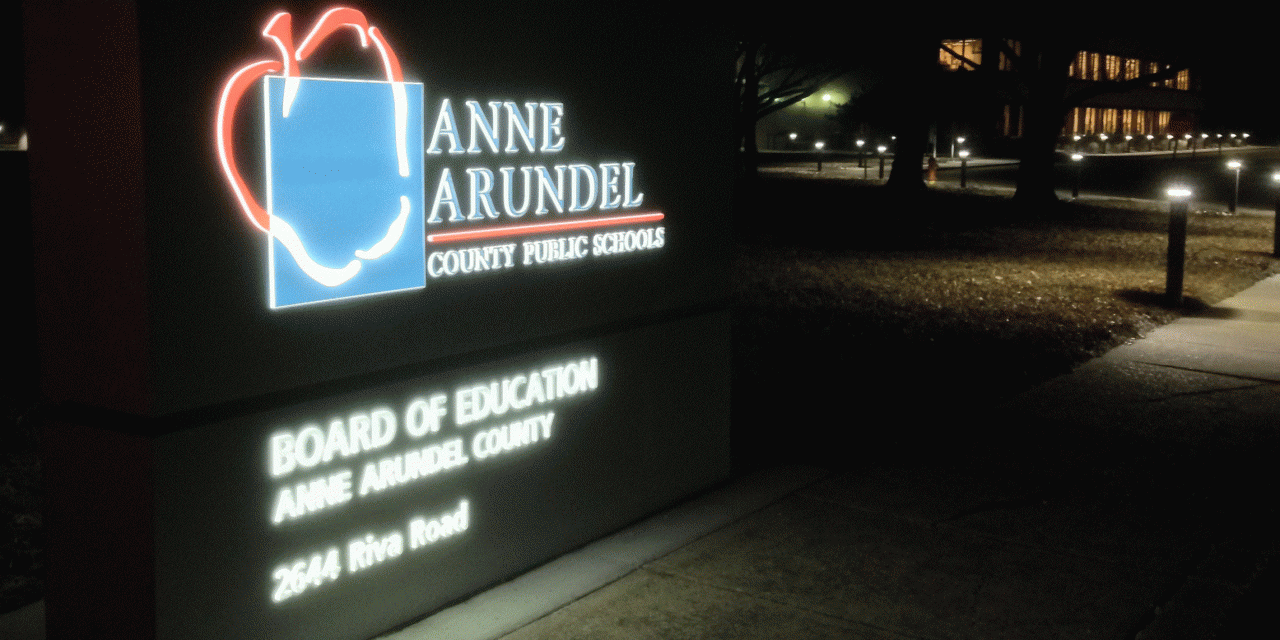Much to my surprise, CRASC implemented my proposal for televising the annual SMOB debate to choose among the three nominated Student Member of the Board (SMOB) candidates. Previously, recording the debate was viewed as illegal and worthy of arrest by the relevant local school’s “resource officer” (how school policemen are euphemistically described). The argument was that without written student permission no recording of students was allowed.
CRASC has not publicly announced whether, under the new policy, records of the televised debate will be preserved. AACPS has traditionally deleted candidate presentations and debates for incumbent school board members, including those for adults held under the auspices of the School Board Nominating Commission and School Board Appointment Commission.
There is still much that is awful and routinely hidden from the public regarding the SMOB election process, especially the process by which the three SMOB nominees are nominated. But televising the debates does improve the accountability of the process, however slightly.
See Lumpkin, Lauren, Three juniors named finalists for school board, Capital, March 24, 2019. Note how the framing of the Capital’s article follows the framing of the AACPS press release insofar as there is no explanation of how those three students were nominated–a rather crucial piece of information if the public is to access the legitimacy of the election process.

